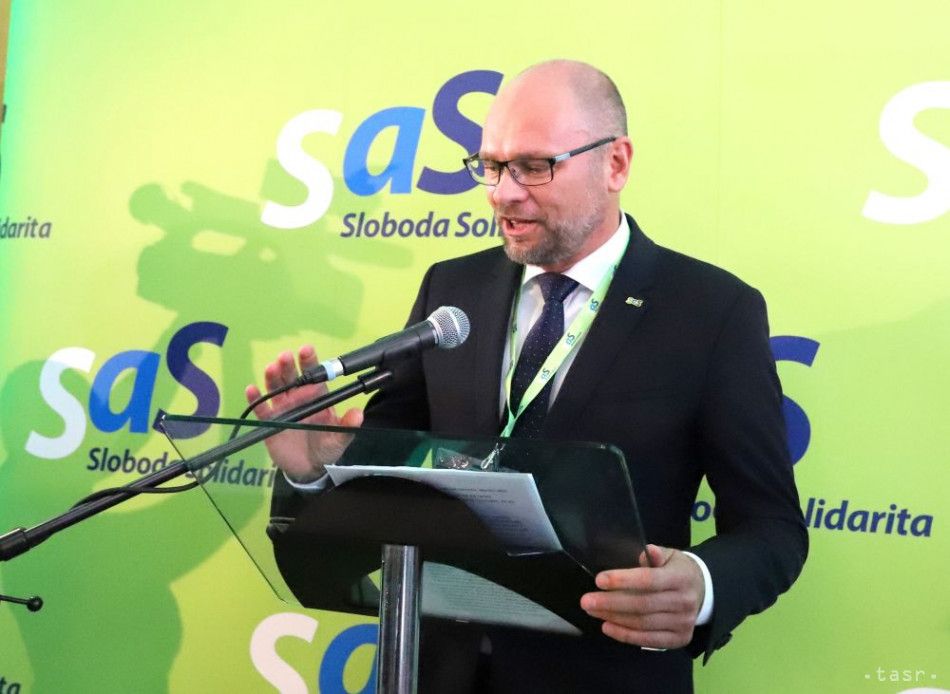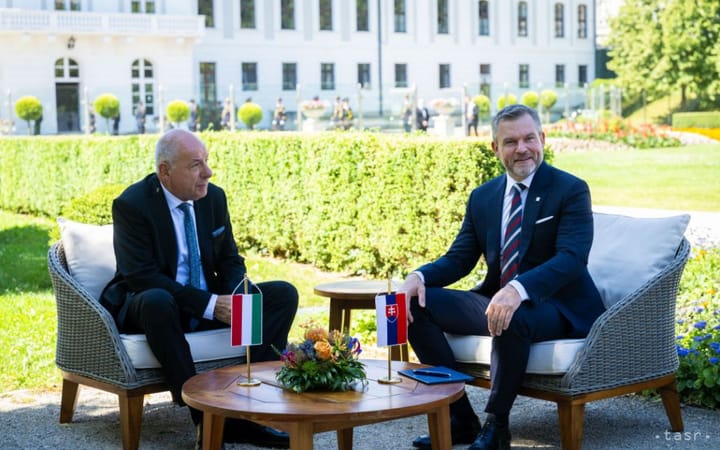Sulik: Exaggerated Goals Concerning Emissions Will Harm Slovak Industry

Bratislava, December 10 (TASR) – Attempts to force the EU to reduce greenhouse gas emissions even further are meaningless races and would harm Slovakia’s industry, Economy Minister Richard Sulik (SaS) stated at a briefing on Thursday, explaining that the European economy produces only a small portion of global emissions and that a significant tightening of emission quotas will make the EU less competitive.
“Slovakia is the most industrial country in the EU. Exaggerated expectations and goals concerning the reduction of emissions will harm our industry and won’t make much sense,” said Sulik.
The minister stated in this regard that EU experts proposed in the past that the EU’s emissions should be reduced by 30 percent by 2030 when compared to the levels recorded in 1990, but the European Parliament then raised the bar to 40 percent. “Even this wasn’t enough, as people appeared who pretended to be even bigger conservationists, proposing 55 percent, but failing to notice that this also causes damage. Fifty-five percent is the figure that is currently being considered, but even this isn’t enough. Some have already proposed raising it to 60 percent, and I’ve heard talk about 65 percent,” said Sulik.
The minister remarked that the largest polluters, who among other countries include India and China, haven’t adopted such commitments entailing large investments, which is why their goods will be cheaper. The EU intends to impose customs duties on imported goods, and this will, for example, raise the prices of Chinese steel on the European market, but European businesses won’t be able to establish a foothold on foreign markets due to the high prices of their products.
Meanwhile, Prime Minister Igor Matovic (OLaNO), who is set to attend a EU summit in Brussels on Thursday and Friday, stated on Facebook before his departure for Belgium that his “personal desire is to reach an agreement on a significantly higher percentage, but the summit probably won’t be able to agree on a figure exceeding 55 percent”.



